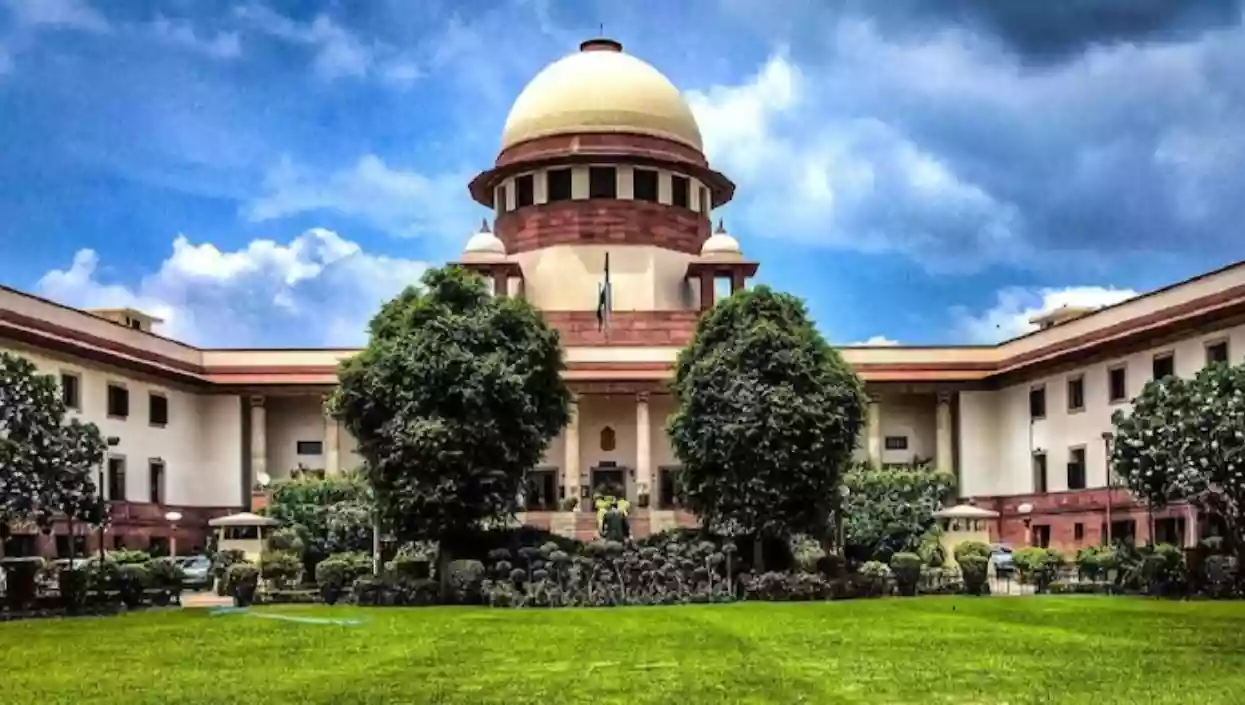.gif)
.gif)

The Supreme Court on Monday firmly rejected a plea by a Sri Lankan Tamil national who sought protection from deportation after completing a prison sentence in India. The court observed that India is not a “dharamshala” that can accommodate refugees from around the world, citing national population pressures and legal boundaries.
The petitioner had argued that deporting him back to Sri Lanka would endanger his life. However, the bench of Justices Dipankar Datta and K Vinod Chandran remained unconvinced. The man had served a seven-year sentence under the Unlawful Activities (Prevention) Act (UAPA) and continued to remain in detention for nearly three years after his sentence ended.
The petitioner’s lawyer claimed his family, including his wife and children, was settled in India and that he faced serious threats if returned to Sri Lanka. But the bench countered the argument, questioning the petitioner’s legal right to settle in India. "What is your right to settle here?" asked Justice Datta.
The court clarified that the right to reside or settle in India under Article 19 of the Constitution applies only to Indian citizens. Since the petitioner’s detention was in line with the law, Article 21—which ensures protection of life and liberty—had not been violated.
Reinforcing the Madras High Court’s earlier order, the apex court ruled that deportation should proceed as directed. The decision underscores India’s legal position that foreign nationals, particularly those convicted under serious charges, do not automatically acquire rights of residence post-sentence.